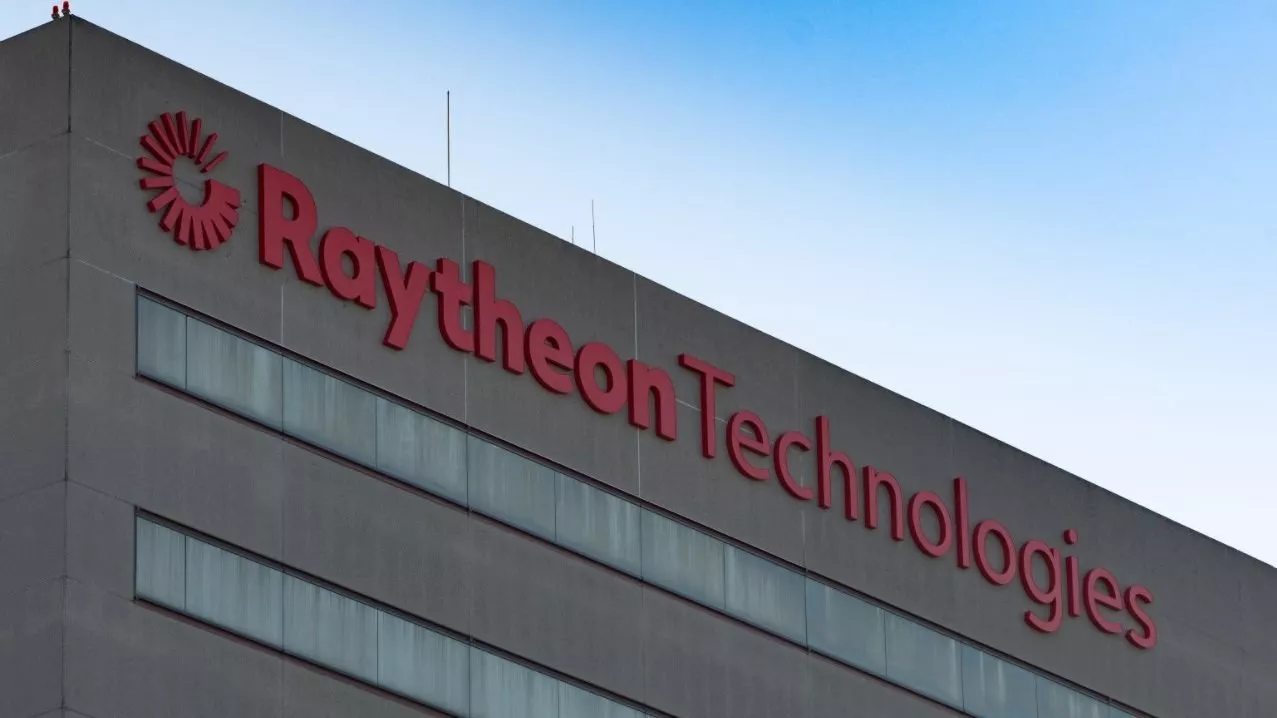In today’s rapidly evolving aerospace and defense landscape, Raytheon Technologies stands as a colossus – but it’s far from alone. This comprehensive analysis dives deep into the fierce competition, exploring the key players that are shaping the future of global security and aerospace innovation.
Did you know that the global aerospace and defense market is projected to reach a staggering $1.1 trillion by 2026? It’s a testament to the industry’s explosive growth and the high stakes involved. In this high-octane world of cutting-edge missile systems and next-gen aircraft engines, we’re pulling back the curtain on the companies going toe-to-toe with Raytheon. Buckle up as we take flight into the world of aerospace and defense titans!
The Aerospace and Defense Landscape in 2024
The aerospace and defense sector is a hotbed of innovation, geopolitical tensions, and technological breakthroughs. With the market size ballooning to unprecedented levels, competition has never been fiercer. Several key factors are driving this intense rivalry:
- Increasing global defense budgets, particularly in emerging economies
- Rapid advancements in AI, quantum computing, and hypersonic technologies
- Growing emphasis on space-based assets and cybersecurity
- The rise of asymmetric warfare and the need for adaptive defense solutions
Geopolitical tensions, particularly in hotspots like the South China Sea and Eastern Europe, are fueling demand for advanced defense systems. Meanwhile, the commercial space race and the push for more sustainable aviation are reshaping the aerospace segment.
Emerging technologies like autonomous systems, directed energy weapons, and advanced materials are not just buzzwords – they’re the battlegrounds where companies like Raytheon and its competitors are fighting for supremacy.
Raytheon Technologies: A Brief Overview
Before we dive into the competition, let’s take a quick look at our focal point: Raytheon Technologies. Formed in 2020 through the merger of Raytheon Company and United Technologies Corporation, this aerospace and defense powerhouse has quickly established itself as a force to be reckoned with.
Raytheon Technologies operates through four main business segments:
- Collins Aerospace
- Pratt & Whitney
- Raytheon Intelligence & Space
- Raytheon Missiles & Defense
From advanced avionics and engines to missile systems and cybersecurity solutions, Raytheon’s portfolio is both broad and deep. In 2023, the company reported revenues of $67 billion, cementing its position as one of the largest players in the industry.
Raytheon’s strengths lie in its diversified portfolio, strong R&D capabilities, and extensive government contracts. However, its size can sometimes lead to slower decision-making processes, and it faces stiff competition in several key markets.
Now, let’s take a closer look at the top competitors nipping at Raytheon’s heels.
Top Competitors of Raytheon Technologies
1. Lockheed Martin
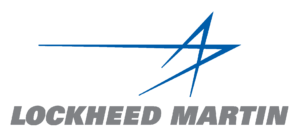
Website – https://www.lockheedmartin.com/
When it comes to aerospace and defense, few names carry as much weight as Lockheed Martin. This industry titan goes head-to-head with Raytheon in multiple segments, often coming out on top.
Lockheed’s crown jewel is the F-35 Lightning II, the world’s most advanced fighter jet. This multi-role aircraft has secured Lockheed’s dominance in the military aviation market, an area where Raytheon is still playing catch-up.
In the missile systems arena, Lockheed’s Hellfire and THAAD (Terminal High Altitude Area Defense) systems compete directly with Raytheon’s offerings. The company’s recent $10.6 billion contract for the Aegis Missile Defense System highlights its continued strength in this sector.
Lockheed Martin’s space division is another area of fierce competition. With projects ranging from GPS satellites to Mars landers, Lockheed is pushing the boundaries of space exploration and defense – a domain where Raytheon is increasingly focusing its efforts.
2. Boeing
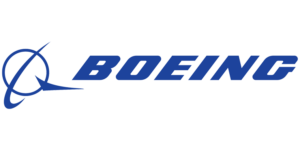
Website – https://www.boeing.com/
While primarily known for its commercial aircraft, Boeing’s Defense, Space & Security division is a formidable competitor to Raytheon Technologies.
Boeing’s strength lies in its diverse portfolio of military aircraft, including the F/A-18 Super Hornet, the AH-64 Apache helicopter, and the KC-46 Pegasus tanker. These platforms often integrate systems that compete directly with Raytheon’s offerings.
In the space domain, Boeing’s satellite systems and involvement in NASA’s Space Launch System (SLS) put it in direct competition with Raytheon’s space ambitions.
However, Boeing has faced significant challenges in recent years, particularly with its 737 MAX crisis and delays in its space programs. These setbacks have allowed competitors like Raytheon to gain ground in certain areas.
3. Northrop Grumman
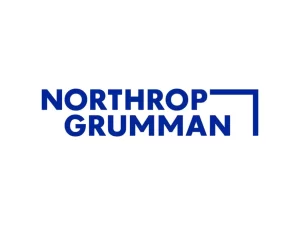
Website – https://www.northropgrumman.com/
Northrop Grumman has established itself as a leader in aerospace, electronics, and defense systems. The company’s B-21 Raider, the next-generation stealth bomber, is set to revolutionize long-range strike capabilities – an area where Raytheon has limited presence.
In the space and missile defense sectors, Northrop Grumman is a tough competitor. Its Ground Based Strategic Deterrent (GBSD) program, aimed at replacing the aging Minuteman III ICBMs, is a significant win over other competitors, including Raytheon.
Northrop’s expertise in autonomous systems and electronic warfare also puts it in direct competition with Raytheon’s intelligence and space division. The company’s Global Hawk and Fire Scout unmanned systems showcase its innovation in this rapidly growing field.
4. General Dynamics
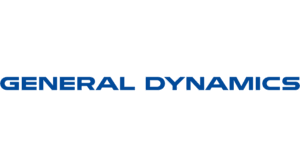
Website – https://www.gd.com/
General Dynamics offers a broad spectrum of defense solutions, from submarines and tanks to IT services. While its portfolio doesn’t overlap with Raytheon’s as much as some other competitors, it’s a major player in the defense sector that can’t be ignored.
The company’s strength in land and sea-based systems complements its growing presence in aerospace and defense electronics. General Dynamics’ acquisition of CSRA in 2018 boosted its IT services capabilities, putting it in competition with Raytheon’s cybersecurity offerings.
In the tactical communications market, General Dynamics’ WIN-T (Warfighter Information Network-Tactical) system competes with similar solutions from Raytheon, highlighting the increasing importance of networked warfare capabilities.
5. BAE Systems
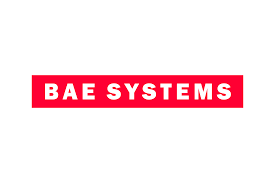
Website – https://www.baesystems.com/en/home
As Europe’s largest defense contractor, BAE Systems is a significant international competitor to Raytheon Technologies. The company’s diverse portfolio spans air, land, sea, and cyber domains, often intersecting with Raytheon’s key markets.
BAE’s expertise in electronic warfare systems, such as the EC-130H Compass Call aircraft, directly competes with Raytheon’s offerings in this critical domain. The company’s work on the F-35 program, particularly in electronic systems, also puts it in competition with Raytheon’s aerospace divisions.
In the naval defense sector, BAE’s combat systems and missile launchers compete with similar systems from Raytheon. The company’s strong presence in the UK and other European markets provides a counterbalance to Raytheon’s US-centric approach.
6. L3Harris Technologies
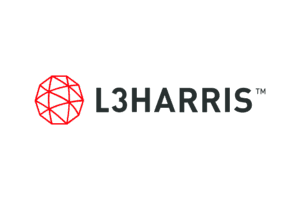
Website – https://www.l3harris.com/
Formed from the merger of L3 Technologies and Harris Corporation in 2019, L3Harris has quickly established itself as a tech-savvy competitor in the aerospace and defense market.
L3Harris excels in communication systems, electronic systems, and ISR (Intelligence, Surveillance, and Reconnaissance) capabilities. Its night vision technologies and tactical radio systems are market leaders, competing directly with similar offerings from Raytheon.
The company’s focus on fast, agile innovation often allows it to outmaneuver larger competitors like Raytheon in niche markets. L3Harris’ strength in integrating commercial off-the-shelf technologies into defense applications gives it a unique edge in rapidly evolving sectors like autonomous systems and AI.
7. Airbus
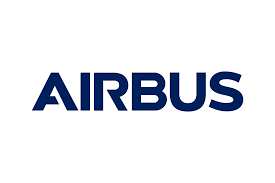
Website – https://www.airbus.com/en
While primarily known for its commercial aircraft, Airbus has a robust defense and space division that competes with Raytheon in several key areas.
Airbus Defence and Space is a leader in military transport aircraft, earth observation satellites, and secure communications. Its A400M transport aircraft and range of Earth observation satellites compete indirectly with Raytheon’s aerospace and space offerings.
In the cybersecurity domain, Airbus has been expanding its capabilities, putting it in direct competition with Raytheon’s cyber solutions. The company’s strong presence in Europe and growing influence in Asia provide a counterbalance to Raytheon’s global ambitions.
8. Thales Group
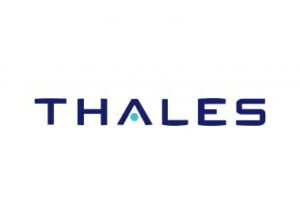
Website – https://www.thalesgroup.com/en
Thales Group, a French multinational, is a key player in aerospace, defense, and digital security. Its expertise in defense electronics and cybersecurity makes it a direct competitor to Raytheon in several crucial markets.
Thales’ strength lies in its advanced radar systems, missile electronics, and cyber defense solutions. The company’s Spy’Ranger unmanned aerial system and Ground Master air defense radars compete directly with similar systems from Raytheon.
In the avionics sector, Thales’ flight control systems and in-flight entertainment solutions go head-to-head with offerings from Raytheon’s Collins Aerospace division. The company’s focus on digital transformation and AI-driven solutions keeps it at the forefront of defense technology innovation.
9. Honeywell Aerospace

Website – https://aerospace.honeywell.com/
Honeywell Aerospace, a division of Honeywell International, is a significant competitor to Raytheon, particularly in the commercial aerospace sector.
Honeywell’s strengths lie in avionics, auxiliary power units, and engines for smaller aircraft. Its avionics systems, including weather radars and flight management systems, compete directly with similar offerings from Raytheon’s Collins Aerospace division.
In the defense sector, Honeywell’s navigation systems and sensors are used in various military platforms, often competing with Raytheon’s products. The company’s expertise in connected aircraft solutions and predictive maintenance also puts it at the forefront of aerospace innovation.
Conclusion..
As we’ve seen, the aerospace and defense industry is a battlefield of innovation, with titans like Raytheon Technologies constantly pushing the envelope. From Lockheed Martin’s dominance in fighter jets to L3Harris’s cutting-edge communication systems, each competitor brings unique strengths to the table.
As geopolitical tensions rise and technology advances at breakneck speed, the race for supremacy in this trillion-dollar industry is far from over. Whether you’re an investor, industry professional, or simply a tech enthusiast, keeping an eye on these top competitors is crucial.
The future of global security and aerospace innovation lies in the hands of these industry giants – and the next breakthrough could change the game entirely. Will Raytheon maintain its position at the top, or will one of these fierce competitors unseat the current champion? Only time will tell, but one thing’s for sure – the skies of innovation are limitless, and the competition is just heating up!
So, which company do you think will lead the pack in the coming years? The aerospace and defense sector is ripe with possibilities, and the next game-changing innovation could come from any of these industry leaders. Keep your eyes on the skies – the future of defense and aerospace is being written right before our eyes!
Also Read: Navigating the Aerospace: Exploring Boeing’s Top Competitors
To read more content like this, subscribe to our newsletter

